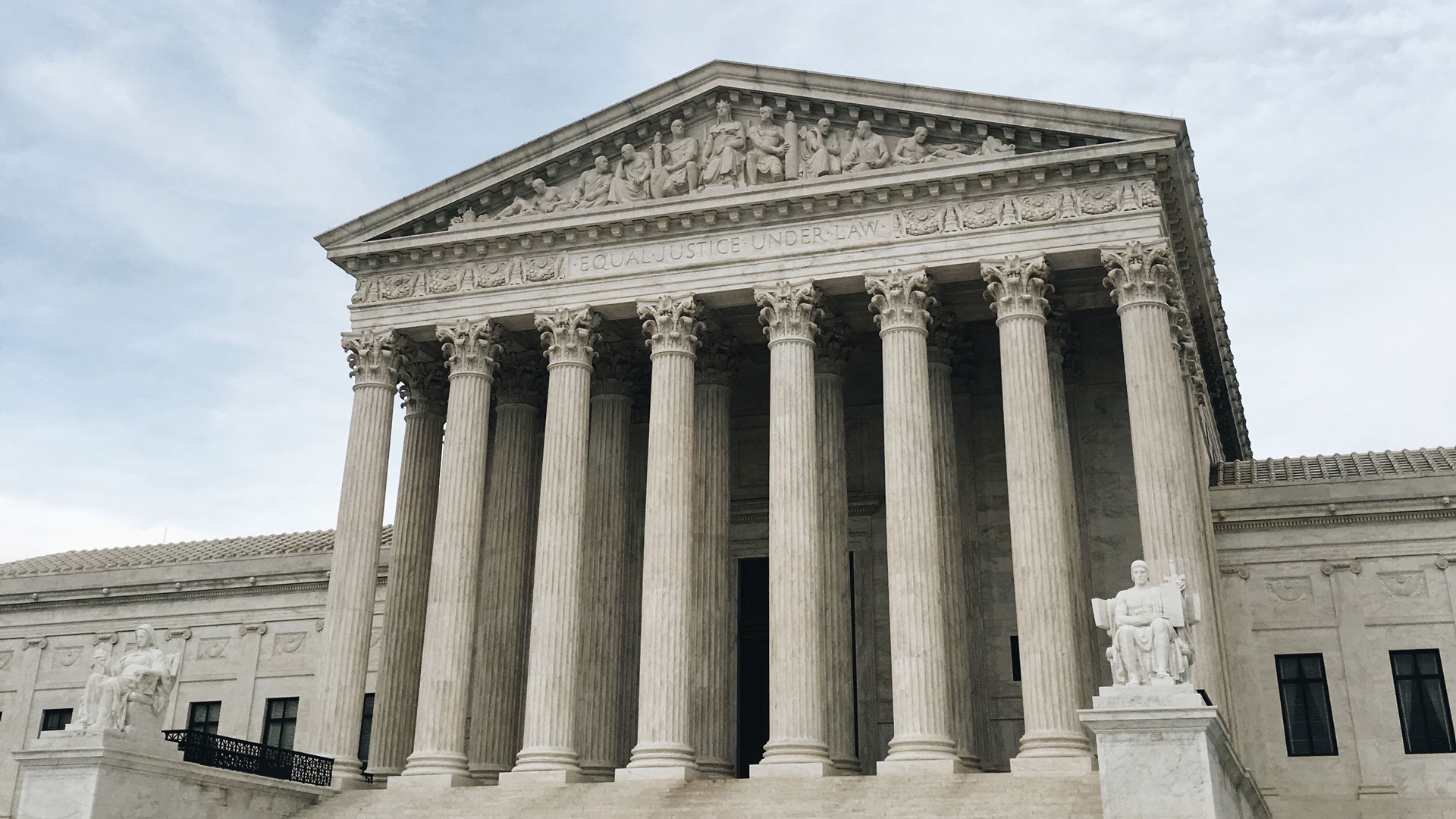
Sometimes, when there are large possible verdicts or fines at stake, companies may try to take measures to protect themselves from catastrophic liability. One of the steps that they may take is moving assets to keep them from being subject to whatever ruling or penalty that the company faces. It is here where some of the principles of bankruptcy law intersect with either personal injury cases or regulatory law. When assets are moved while litigation is pending it may be ruled a fraudulent transfer.
One group of companies that currently faces litigation and enforcement actions that can potentially bankrupt the corporation is opioid manufacturers. In order to try to preserve the company’s ability to remain in business, the maker of OxyContin has attempted asset transfers. Recently, the State of Arizona has sued the family that owns the company attempting to put a stop to a series of asset transfers.
OxyContin is manufactured by Purdue Pharmaceutical, which is a family-owned privately held company. While it is rare for such a large company to be privately held, Purdue’s corporate structure keeps it from having to comply with securities laws that would apply to a publicly held corporation. As such, it is easier for the company to make asset transfers without having to disclose these transfers to shareholders and the SEC.
The opioid manufacturers have received an intense amount of regulatory scrutiny as reports have emerged that they flooded the market with opioids to increase their profits. There have been news accounts of a pattern of distribution that have sent billions of pills to individual states, blanketing these areas with a stunning amount of opioids. While the company profited, these pills caused a massive epidemic that has led to addiction and deaths. This has imposed staggering costs on local jurisdictions that have had to cope with this crisis. These costs have included, among other things, public health costs and law enforcement costs as these drugs have been dealt illegally.
Now, states have been filing lawsuits against these manufacturers attempting to recoup the money they have spent to cope with the crisis. Some states have settled with companies such as Purdue. There are thousands of lawsuits that have been filed against opioid manufacturers, and the total liability is practically too large to be calculated. There have even been concerns about these companies’ ability to continue operating as the scope of the settlements could rival the large-scale tobacco litigation of the 1990s.
Over the years, as Purdue was making outsize profits, the company was transferring billions of dollars to the Sackler family, who owns the company. From 2008 to 2016, these transfers totalled $4 billion. The family then moved these funds into offshore entities. The potential problem with these transfers is that Purdue was both under investigation and also facing lawsuits at the time of the transfer. New York filed suit against the company for these transfers, since any money that was shifted away from Purdue reduces the amount that the company has available to either pay state fines or plaintiffs who are suing the company.
Arizona has followed with a lawsuit of its own regarding these asset transfers. The state is one of the many governments that is suing Purdue over its deceptive marketing and its flooding the market with addictive drugs. In order to try and stop the company from moving billions of dollars offshore, the state has taken an unusual tactic. Recently, Arizona has sought the assistance of the United States Supreme Court, seeking to compel the Sackler family to return the assets that were moved offshore.
It is a common tactic for those who are seeking to protect their assets from lawsuits to move them offshore. When they are placed in a trust in certain jurisdictions, they are practically untouchable. There are several jurisdictions such as the Cook Islands and Nevis that specifically tailor their laws to accommodate these asset protection trusts. There are very few ways to force defendants to return these assets to the United States. In rare cases, courts have ordered defendants to move their assets back to the United States under the threat of contempt of court.
Arizona has argued that this massive movement of money was a series of fraudulent transfers made with an intent to shield these assets from a lawsuit. The state asked the Supreme Court to declare these transfers null and void. Additionally, Arizona is seeking to prevent any further asset transfers of this type, especially as the Sackler family begins to realize the extent of its possible liability.
This lawsuit is extraordinary because states do not often file suit against private parties in the Supreme Court. Theoretically, the high court has jurisdiction over this matter, but the step that Arizona took was rare. The state bypassed lower courts to file its petition to the Supreme Court, and there is certainly a chance that the Court will send this matter down to the lower courts to hear this matter first.
What is certain at this point is that numerous states and local governments will be jockeying for position to access a limited amount of funds to satisfy the massive fines and settlements that the company will possibly need to pay. The billions of dollars that the Sacklers have moved overseas will be necessary to meet these obligations should the states find a way to have these funds moved back to the United States.
Learn more about Drug Safety Lawsuits.
